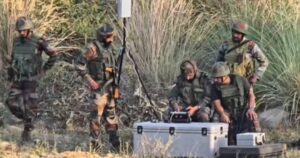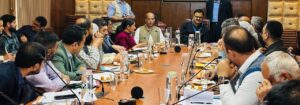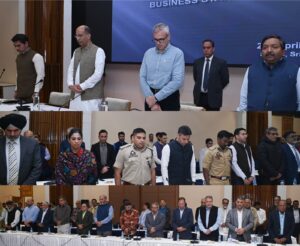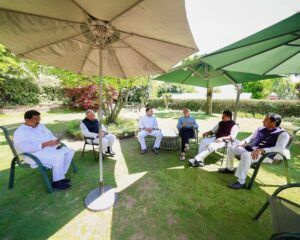Omar Abdullah Engages Tourism and Business Stakeholders in Kashmir After Pahalgam Terror Attack
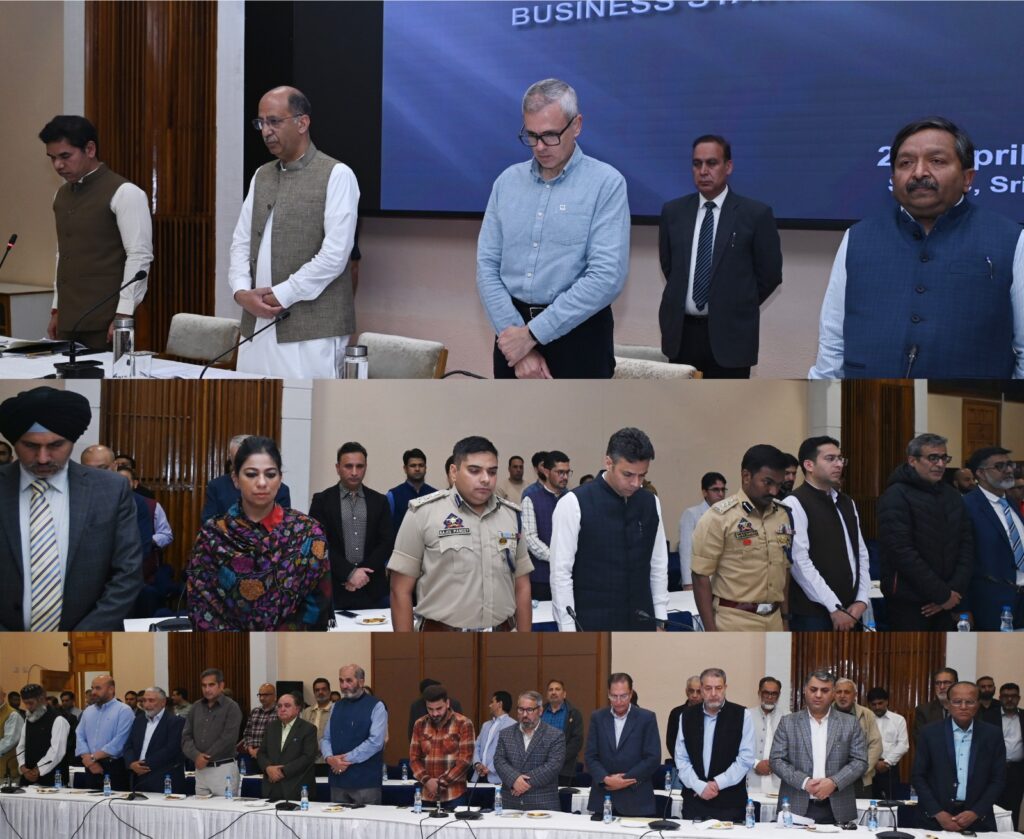
Srinagar, April 25, 2025 – In the wake of the tragic terror attack in Pahalgam that claimed 26 lives, Jammu and Kashmir Chief Minister Omar Abdullah held a significant interaction with tourism and business stakeholders in Kashmir on Friday. The meeting, aimed at addressing the aftermath of the attack, underscored the resilience of the region’s tourism industry, which Abdullah praised for its “true grit, not greed” in the face of adversity.
The attack, which occurred on Tuesday in the picturesque Baisaran Valley near Pahalgam, targeted tourists and resulted in the deaths of 25 Indian visitors and one Nepalese citizen. The incident, described as the deadliest assault on civilians in the region in decades, has triggered a mass exodus of tourists and heightened tensions between India and Pakistan.
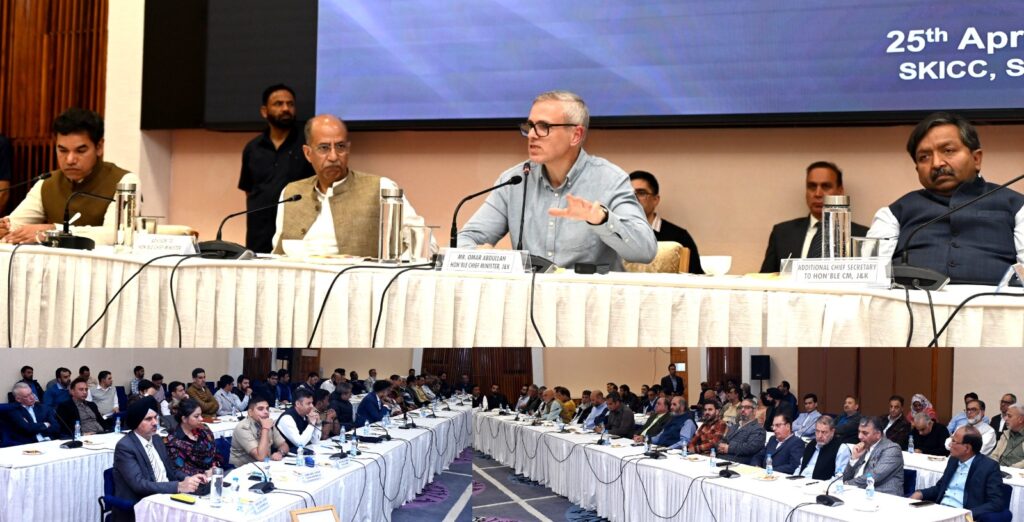
During the interaction, Abdullah lauded the tourism sector for its response to the crisis, emphasizing that stakeholders prioritized support for affected families and visitors over financial concerns. “It’s heartbreaking to see the exodus of our guests from the Valley, but we totally understand why people would want to leave,” Abdullah had previously stated on X, reflecting the region’s empathy toward departing tourists.
The Chief Minister’s engagement with stakeholders focused on strategies to restore confidence in Kashmir’s tourism industry, which had seen millions of visitors in 2024 due to its scenic landscapes and promotional campaigns by the Indian government. However, the attack has raised concerns about security lapses, with stakeholders noting the absence of prior advisories despite the peak tourist season.
Abdullah also addressed the broader implications of the attack, urging Indians not to view Kashmiris as enemies and calling on other state leaders to ensure the safety of Kashmiri residents facing backlash across India. “The tourism industry has shown remarkable strength, and we will work with New Delhi to ensure safety and rebuild trust,” he said, referencing efforts to organize extra flights for tourists wishing to leave and the partial reopening of the Srinagar-Jammu highway.
The meeting comes as the Jammu and Kashmir administration prepares for a special assembly session on April 28, convened by Lieutenant Governor Manoj Sinha, to discuss the security situation and its impact on the region. The attack, attributed by some Indian media to The Resistance Front (TRF), has intensified calls for accountability, with Prime Minister Narendra Modi vowing to pursue the perpetrators “to the ends of the earth.”
As Kashmir grapples with the economic and social fallout of the attack, Abdullah’s outreach to stakeholders signals a commitment to preserving the region’s tourism-driven economy while addressing security challenges. The resilience of Kashmir’s people, he noted, remains a cornerstone of hope amidst the tragedy.


